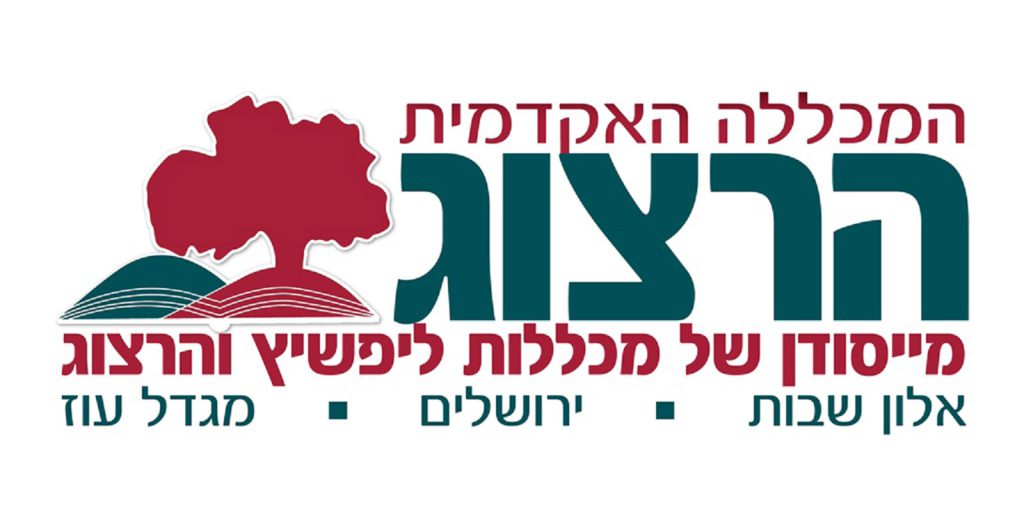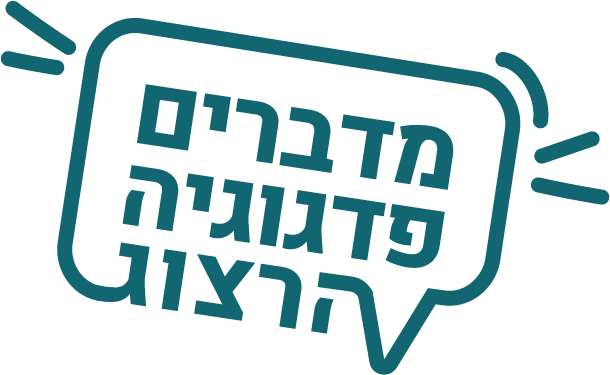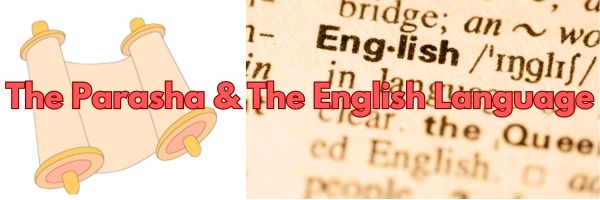In Shemot 38:26, the Torah gives an account of the half-shekel contribution, stating that it was collected from "every man that was counted," literally “a beka per גולגולת – skull”. This verse describes a type of poll tax, as the contribution was equal for everyone.
The English term poll itself is derived from an archaic word meaning "head" or "top of the head," referring to the counting of individuals by "heads" or “skulls” as we see in this parasha. In this context, the collection of the half-shekel was a literal head tax, where each person contributed the same amount to the communal fund.
The phrase "poll tax" can also be linked to modern uses of the term "poll," such as in opinion polls, where individuals are counted by their responses, mirroring the concept of counting heads.


